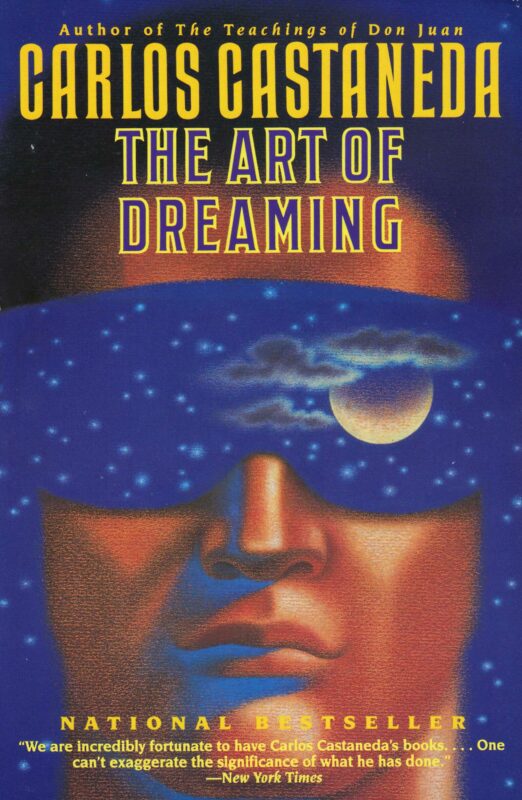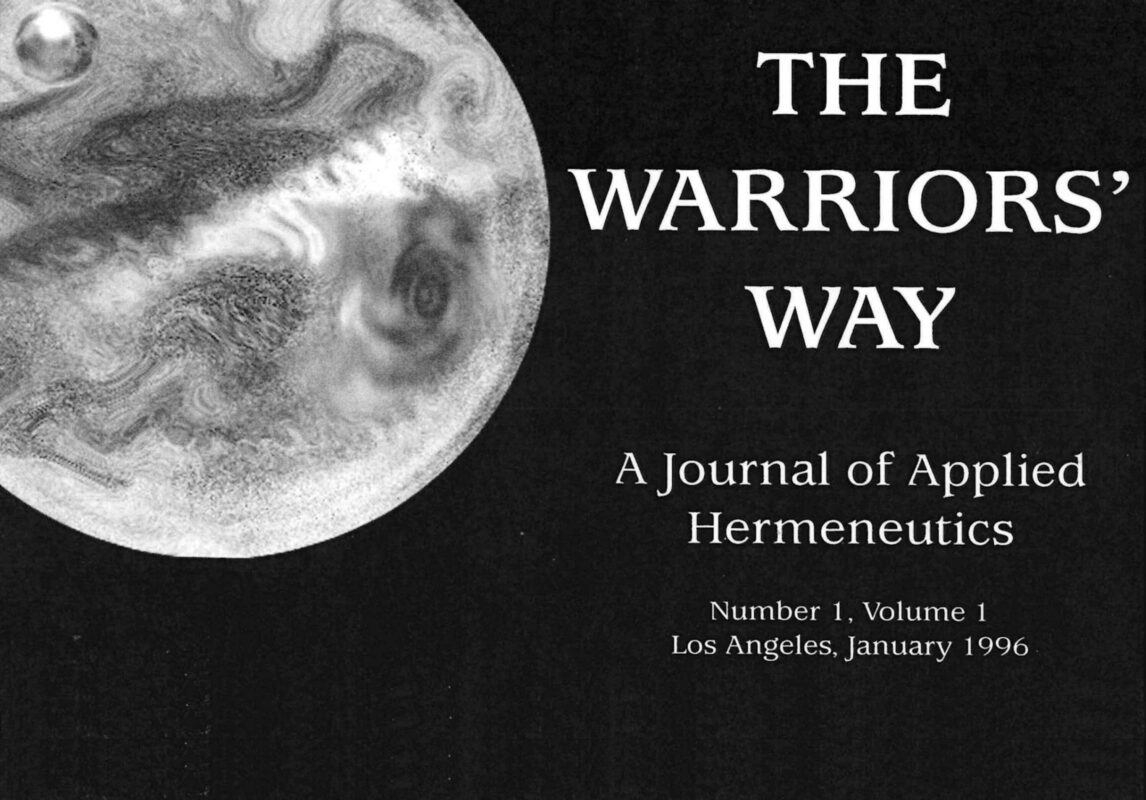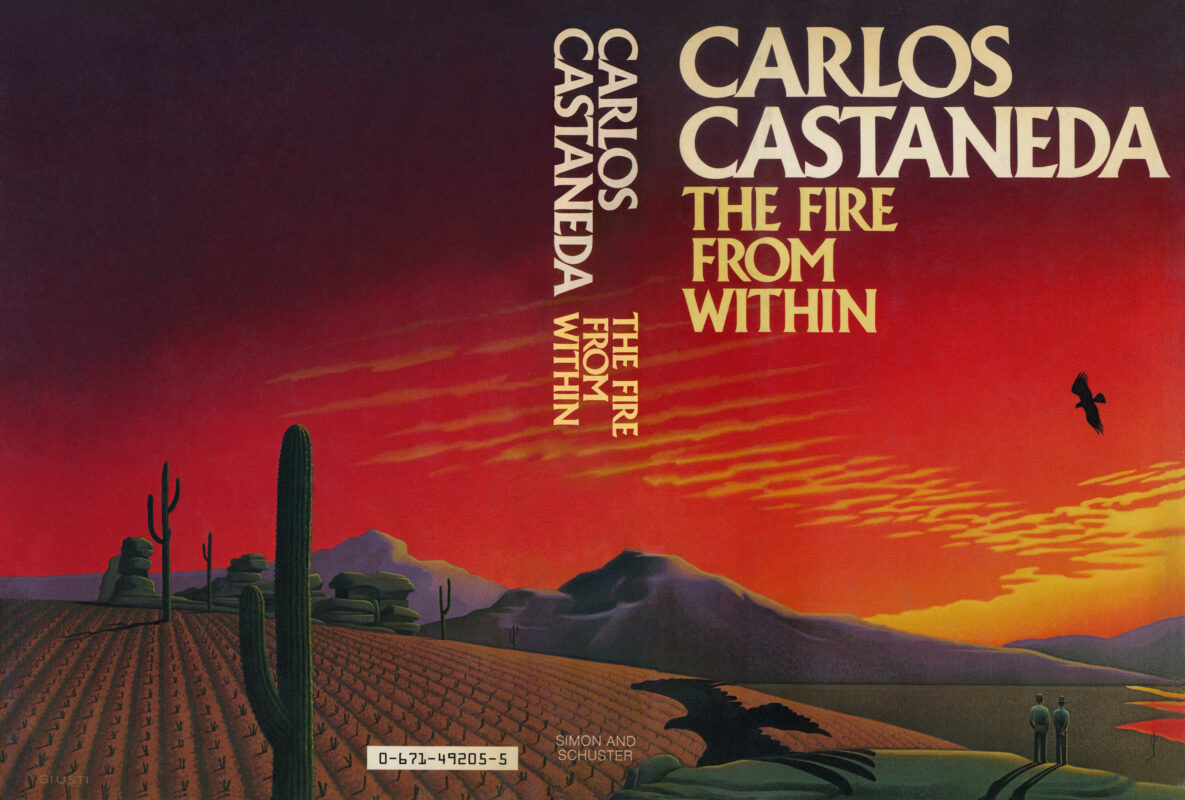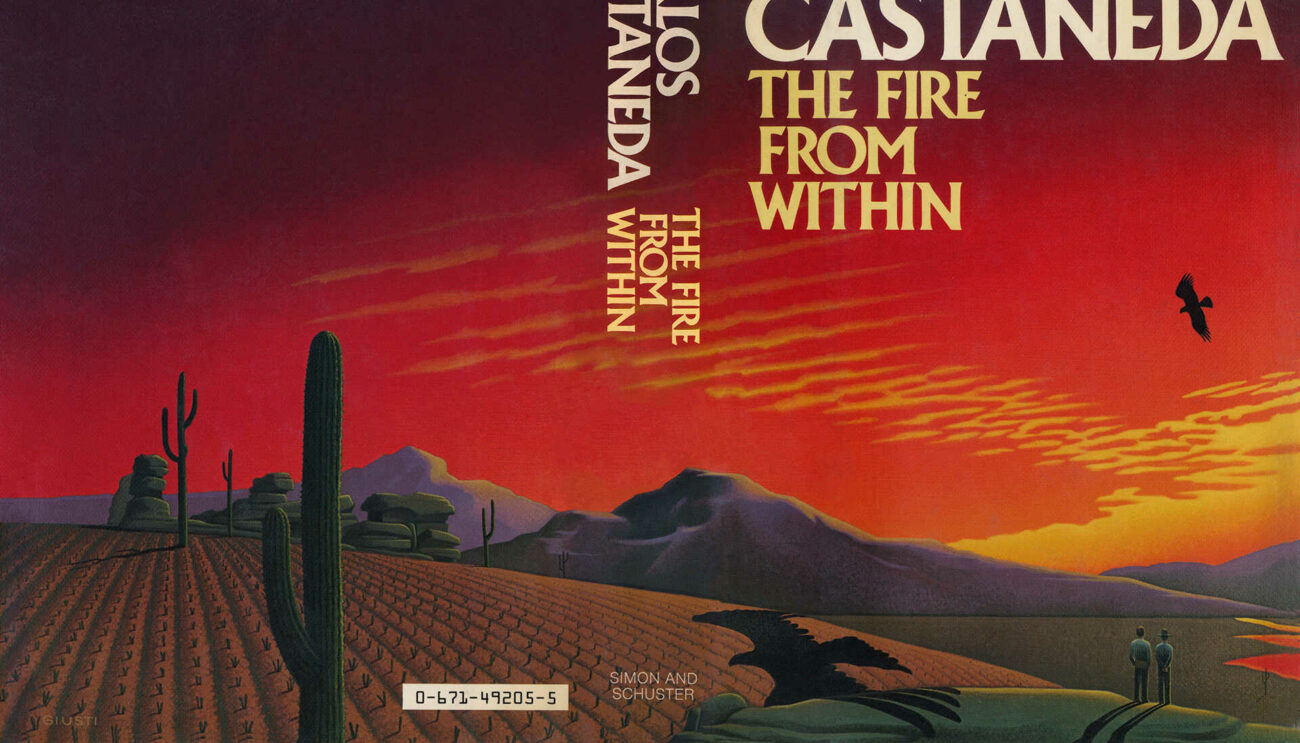Don Juan continues his teachings, emphasizing that the approaching time for his party to leave necessitates completing his explanations of awareness. He describes how nagual Julian moved his assemblage point countless times, preparing him for the ultimate task of realigning all emanations to achieve total awareness. Castaneda, initially surprised by his own joy at don Juan’s impending freedom, learns that emotional reactions are secondary to the actual energetic shifts of the assemblage point. Don Juan then delves into the stalkers’ method of teaching, which, unlike his own verbal explanations, involves compelling apprentices through strategic “dramas” to move their assemblage points by direct experience and catalytic fright, rather than intellectual understanding. He recounts his own traumatic yet transformative initiation under the nagual Julian, who, despite appearing as a frail old man, was a master stalker and conjurer. Castaneda struggles with his judgments of nagual Julian’s methods, but eventually grasps the profound impact of these non-conventional teachings on cultivating will, unbending intent, and impeccability, which are crucial for a warrior’s path to freedom and navigating the position of the assemblage point. Don Juan highlights the unique power of nagual Julian to manipulate perception and the assemblage points of others, even making himself appear young or old at will, and shares his personal realization about the high price paid for human life through the shift of his own assemblage point. The chapter concludes with don Juan’s playful yet serious promise to retrieve Castaneda should he ever find himself lost on the path.





